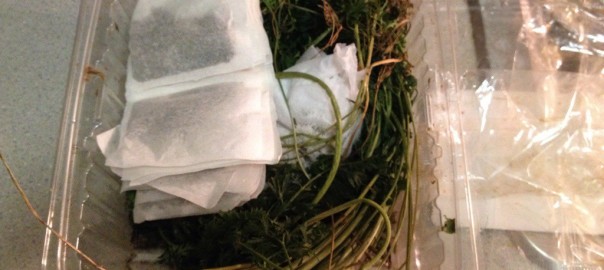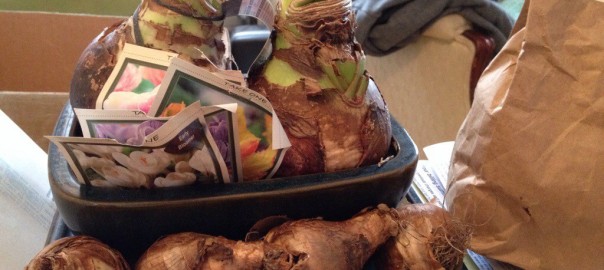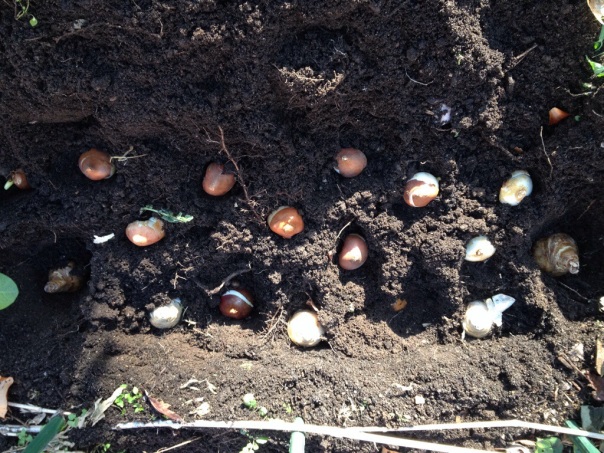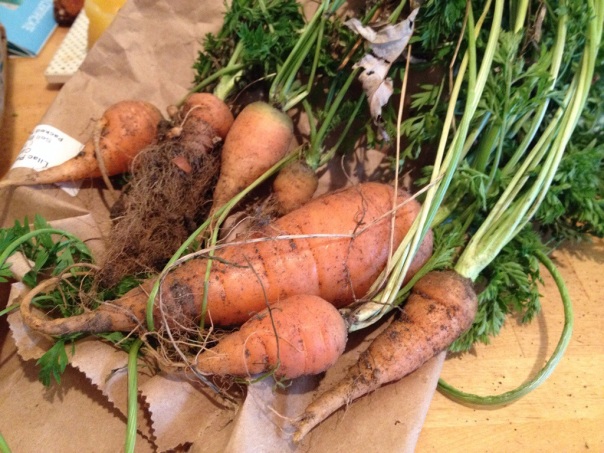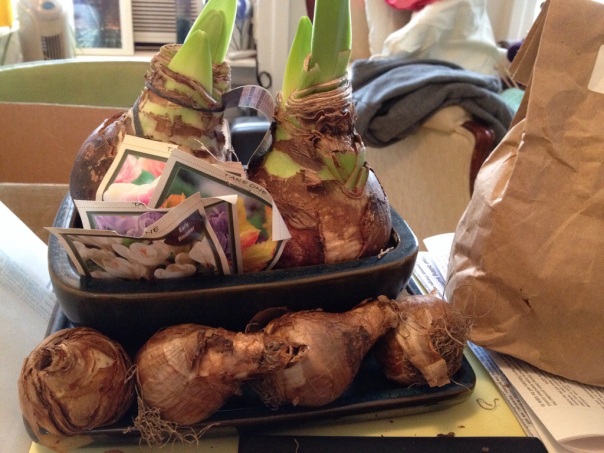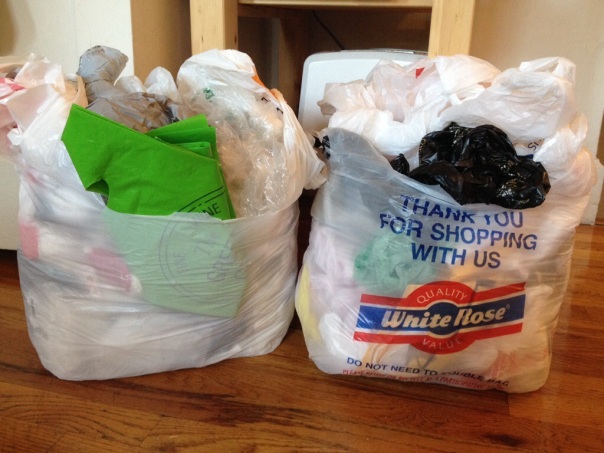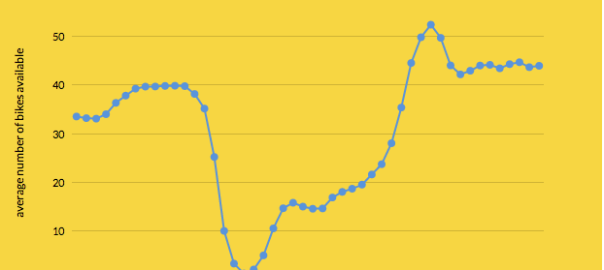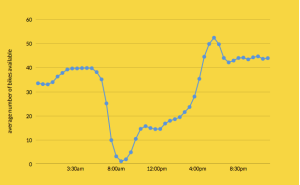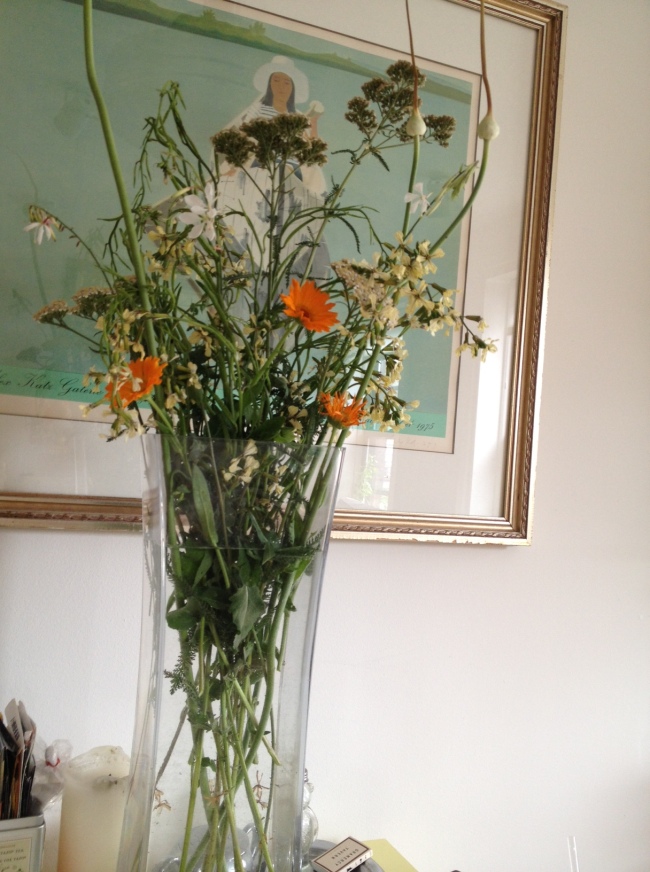 A (Completely-Read) Book Review
A (Completely-Read) Book Review
If you want to be inspired, thrilled, moved, and horrified—and you’re into choose-your-own-adventure and Never-Ending-Story type plots that evolve as you go—you’ve got to read Oil And Honey.
It’s somehow a page-turner about legislative politics.
It’s somehow a page-turner about tending beehives on a farm in Vermont.
Basically, it’s a page-turner about whether or not there will continue to life on Earth as we know it. Author Bill McKibben is a new name to me, but the career he traces in this memoir-ish book makes it clear that I’m late to the game. He was writing books that warned us about global warming (like The End of Nature) back when I was still learning to write my name. Increasing desperation led him to put down the pen and pick up the sword of civil disobedience. It’s a bildungsroman about activism.
For years, he has had the privilege and the burden of being close to the numbers and the data about climate change. It can be easy to settle into a static sense of the problem: the planet’s getting warmer, I should really be “greener,” ah well. But he unleashes some real new data whoppers on the reader, and his anxiety that time is running out and the point of no return is maybe a quick sprint away, or perhaps entirely beyond our reach, is contagious. I know I mentioned “the apocalypse” in my headline, because that’s how I think about it. But the devastation of climate change is never going to be one big mushroom cloud. It’s going to be the disappearance, slowly or quickly, of the privileges, opportunities, resources, comforts, and beauty in our world—from urban creature comforts to productive and healthy farms to easy international travel to beloved natural landscapes.
Just a couple key, terrifying instances of McKibben math:
- Two years ago, 15,785 record-high temperatures were recorded in the U.S. A regression analysis concluded it was “a once-in-4,779-years event.”
- Scientists estimate we can put about 565 more gigatons of carbon dioxide into the atmosphere without totally, epically, absolutely screwing ourselves forever. We could do that in about 15 years. But what’s more, fossil fuel companies (and countries) have 2,795 gigatons at their disposal (at a value to them of about $28 trillion).
And yet, McKibben’s series of successes in mobilizing regular old people from around America and the world, through 350.org, the organization he and some of his students formed, are galvanizing. You wouldn’t think they could win—especially not right away—but they chalk up one victory after another. They move the needle, tick by tiny tick. They use the tried and true tactics of getting arrested in nonviolent demonstrations, and they put the power of the internet and email to effective use.
I’m not sure if I’m conveying how spell-binding I found all this. Like I said, it felt like being a part of The Never Ending Story, where the plot is created in real-time. Everything in the book is still happening right now. Nothing has made me feel more upset or more hopeful. Well, nothing except maybe participating in last month’s People’s Climate March, which 350.org organized in concert with many other organizations and movements.
You should read this book. It’s informative, fun, interesting, and unbelievably important. It will fill you in on lots of stuff that we didn’t catch on the daily news, and it will tell you what and where the most important fights for our future are happening now. Also, there are great, romantic vignettes about his friend Kirk, the wise Vermont beekeeper, and many apt analogies about bees and democracy and capitalism.
McKibben doesn’t demand that you take up a protest sign so much as he invites you to see the world in all its precarious beauty and creeping tragedy. And whether you know it or not, you and I are, at this very moment, a part of writing its last chapter.
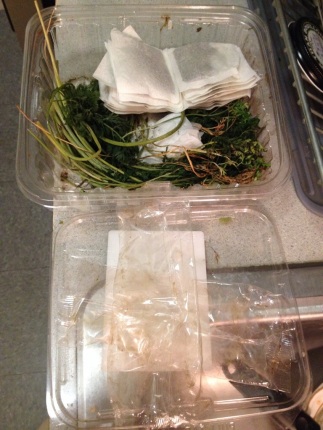 Then I had that vision of my old apartment, with a four years younger me, trying the tea I was so excited about, and not, to be honest, really loving the flavor. A little too fruity, a little artificial tasting. I hadn’t wanted another cup in four years. I hadn’t opened the packet to serve it to a guest. It was time to let go.
Then I had that vision of my old apartment, with a four years younger me, trying the tea I was so excited about, and not, to be honest, really loving the flavor. A little too fruity, a little artificial tasting. I hadn’t wanted another cup in four years. I hadn’t opened the packet to serve it to a guest. It was time to let go.